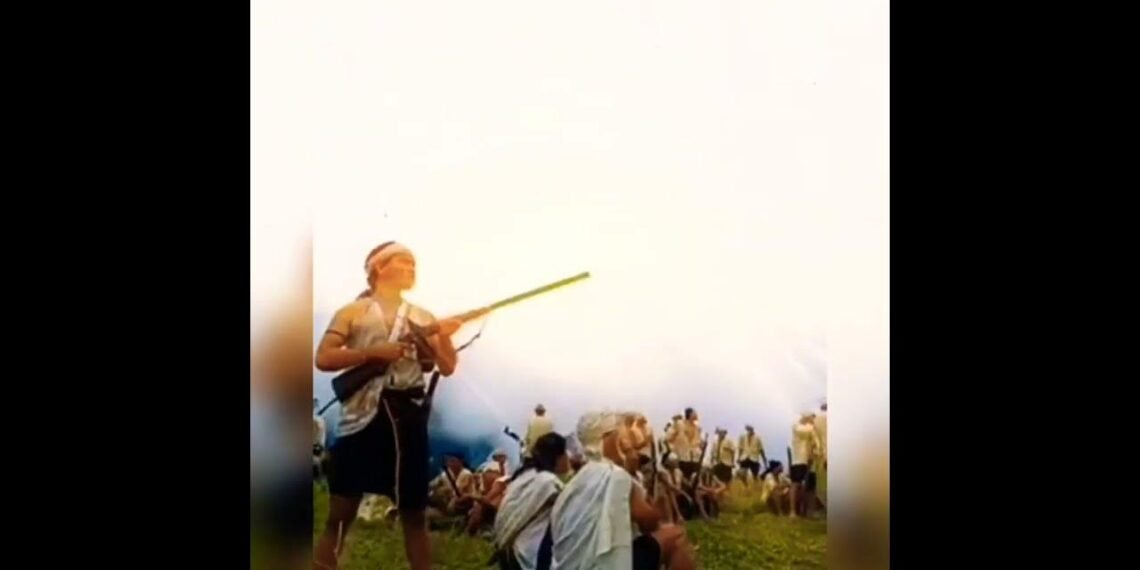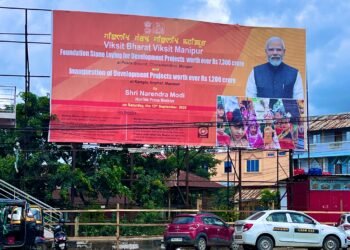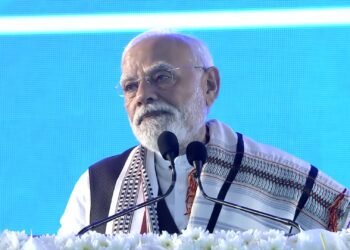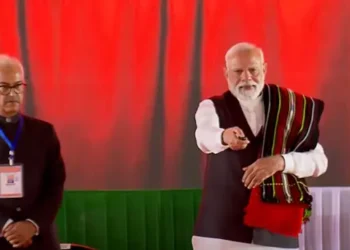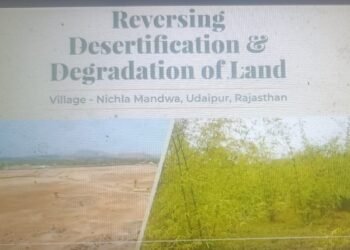Editor’s Note: As part of our ongoing commitment to serve as an advocacy platform for peace in Manipur, we continue to welcome “opinion” pieces from all communities. We urge contributors to refrain from language that could be interpreted as inciting violence or hatred. In line with this initiative, we present a write-up by HS Benjamin Mate, Chairman of the Kuki Organisation for Human Rights Trust (KOHUR). Please mail your write-up at: novinkn@gmail.com
By H.S. Benjamin Mate
As India prepares to celebrate its 78th Independence Day on 15 August 2025, it is important to reflect not only on our nation’s achievements but also on the communities whose sacrifices made freedom possible. In the Northeast, the Kuki people stand out as one of the few communities that contributed to the struggle in significant numbers—hundreds of them joined the Indian National Army (INA), risking their lives for an India they believed in.
Even across the border in Myanmar (Burma), where the Kuki community numbered only a few thousand, they played a crucial role in aiding the INA. They provided food, shelter, and guidance, helping the INA cross treacherous terrain. Some Burmese Kuki were even honoured as freedom fighters.
Yet today, the descendants of these very freedom fighters face persecution under the independent India their forefathers helped to free. In Myanmar, Kukis fleeing military junta violence have sought temporary refuge along the Indo-Myanmar border, only to be labelled “criminals” or “illegal immigrants” by Indian authorities. In India, their own tribesmen are branded as “foreigners” and “refugees” despite their historic contributions to the nation. The Government of India has even dismantled the Free Movement Regime and initiated border fencing, physically dividing Kuki families and severing the deep bonds that predate the modern nation-state.
READ: Delhi Govt Suspends 9 Tihar Officials in Extortion Racket
The present reality in Manipur is even more harrowing. In the state capital, Kuki women have been paraded naked in the presence of police, young girls have been raped and murdered, and entire neighbourhoods have been reduced to ashes. Thousands remain in overcrowded relief camps without basic necessities; many more are scattered across Indian cities, struggling without livelihood, adequate housing, or access to healthcare and education. Roads, airports, and development bypass their areas entirely.
And yet, despite this, the Kuki people still hold on to their Indian identity with pride. They are not asking for special privileges—only for the right to live in safety, dignity, and peace. Today, they plead with their fellow citizens: remember our history, honour our sacrifices, and stand with us as we seek justice.
READ: SC Cancels Olympian Sushil Kumar Bail in Dhankar Murder case
The Government of India must act decisively. The only sustainable solution to ensure the survival, security, and dignity of the Kuki people is the creation of a separate state—free from the communal hostilities of Manipur—where they can rebuild their homes, restore their livelihoods, and live without fear.
This Independence Day, as we proudly fly the tricolour, let us not forget that freedom is meaningless if it is denied to those who helped secure it. The Kuki people fought for India’s liberation; it is now India’s moral duty to fight for theirs.


